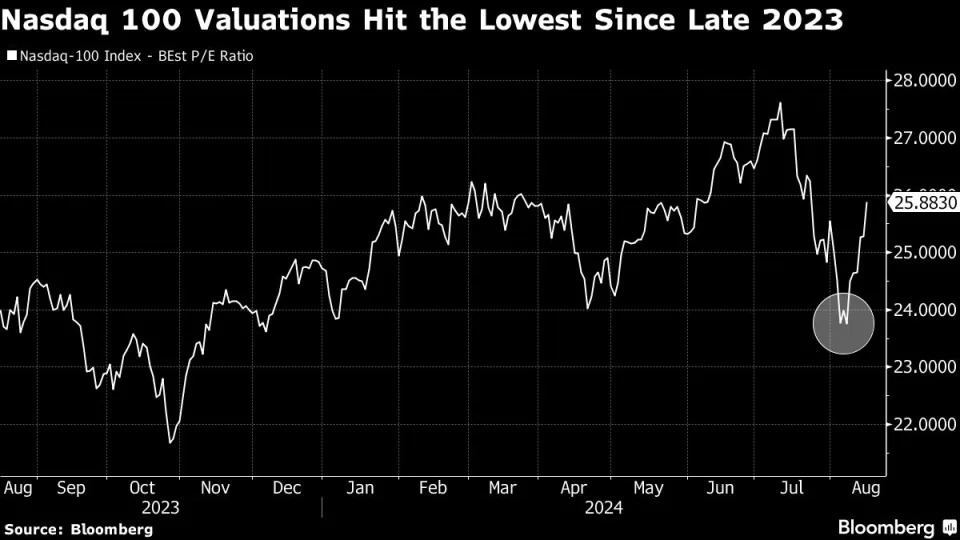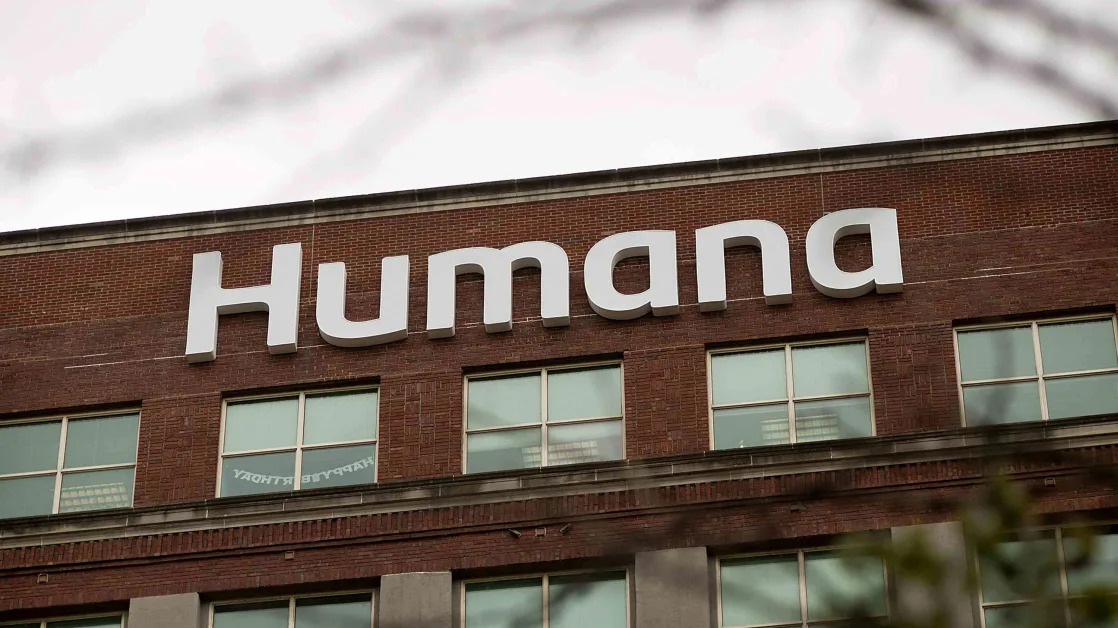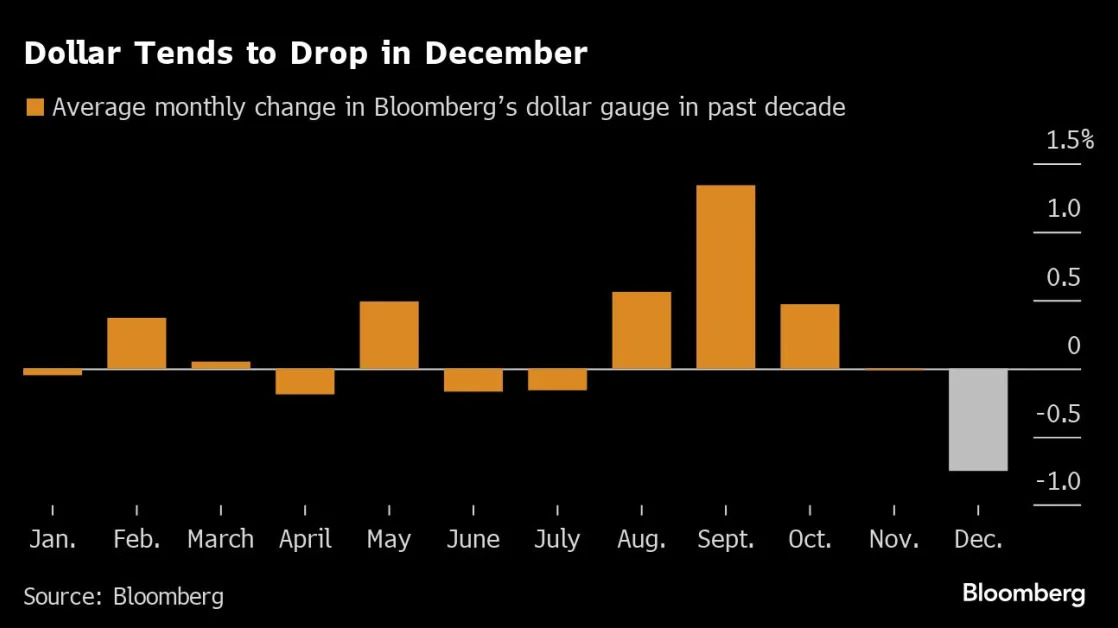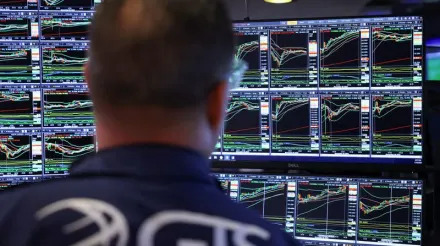(Bloomberg) -- Brazil’s economy grew much more than expected in the second quarter, powered by strong consumer spending, raising the prospect of interest rate hikes in the near future.
Gross domestic product expanded 1.4% in the April-June period compared to the first quarter, more than all forecasts in Bloomberg survey that had a 0.9% median estimate. From a year ago, the economy grew 3.3%, the national statistics institute reported on Tuesday.
Brazil’s surge in household spending, juiced by government transfers, has helped to deliver robust growth through the first half of the year, handing President Luiz Inacio Lula da Silva a political win. But it has also fanned fears that Latin America’s largest economy is running too hot.
The central bank halted its easing cycle in June with its key rate at 10.5%, due to a worsening inflation outlook. With price pressures building, traders are betting that policymakers will raise borrowing costs by at least a quarter percentage-point when they meet later this month.
Swap rates on the contract due in January 2026, which are an indicator of market sentiment toward monetary policy at the end of next year, rose 10 basis points in morning trading after the report showing strong growth.
Government outlays are steadily increasingly as the Lula administration attempts to improve living standards for poorer Brazilians. Many measures taken earlier in the year, such as January’s minimum-wage hike, continue to bolster demand amid tight financial conditions.
Family consumption, a motor of the Brazilian economy, grew 1.3% in the second quarter compared to the previous three-month period. Industrial output, another major driver in the period, gained 1.8% while services were up 1%.
The report was the first GDP reading since floods devastated the wealthy state of Rio Grande do Sul, one the nation’s traditional centers of agribusiness. The agricultural sector was down 2.3% on the quarter, according to the report.
Investors are anxious as the government struggles to provide assurances that it can fight poverty while also maintaining fiscal discipline. The nominal budget deficit has ballooned to 10% of GDP in the past 12-months, from 6.8% a year earlier.
Fears over fiscal policy have caused a sell off in Brazilian assets in recent months, with the real among the worst performing emerging market currencies this year.
--With assistance from Giovanna Serafim.
(Updates with market move in fifth paragraph and report details throughout)






